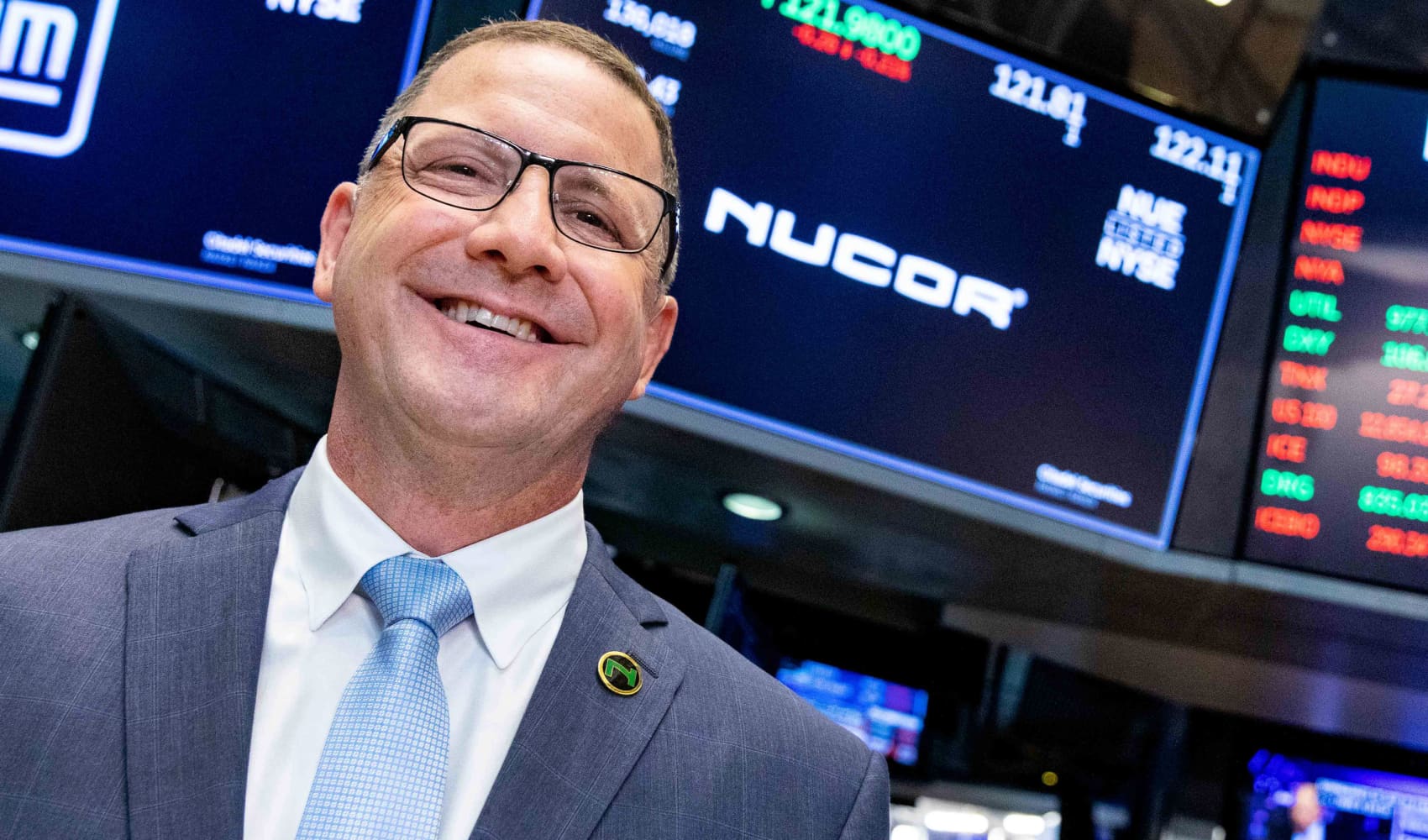
If you're looking forward to a future spent working and playing in the virtual realms of the metaverse, you're currently in the minority.
According to a recent survey of more than 2,500 U.S. adults, people are currently more likely to fear the metaverse than be excited about it. The survey, which ran from March 23-25 and was conducted by Axios and market research software company Momentive, asked respondents if the idea of the metaverse made them "more excited or scared about the future."
Only 7% of respondents said the idea of a metaverse – virtual worlds where you can interact with friends and coworkers, play games and watch live events, all with a VR headset – made them "more excited" about the future. Almost one-third of respondents said it made them "more scared."
The largest contingent – 58% – answered "neither," suggesting that the majority of Americans still treat the idea of the metaverse with relative indifference. That matched up closely with another of the poll's findings: 60% of its respondents were unfamiliar with the idea of the metaverse, in the first place.
Get New England news, weather forecasts and entertainment stories to your inbox. Sign up for NECN newsletters.
That might come as a surprise, considering how frequently the metaverse is mentioned by tech companies these days. The term became something of a buzzword in 2021 after Mark Zuckerberg announced Facebook's rebrand as Meta, marking his intentions to pivot the multibillion-dollar social media giant toward focusing on the metaverse.
Americans' metaverse apathy — or fear — could be concerning for the companies already investing billions of dollars into developing their own virtual worlds, from Meta and Microsoft to Disney and gaming companies like Roblox and Epic Games. That's not to mention the individual investors already shelling out millions of dollars to snag virtual real estate on metaverse platforms like Decentraland and Sandbox.
Money Report
In contrast, the survey's results could buoy metaverse skeptics — like Evernote founder Phil Libin, who said earlier this year that much of the current metaverse hype is little more than a fad. Even some executives at companies touting their metaverse plans have sounded somewhat confused, or admittedly vague, about what the metaverse is and how it will take shape in the future.
Facebook's Metaverse VP, Vishal Shah, told CNBC in October that the company's investments in the metaverse might not pay off for as many as 15 years. Those investments will require widespread adoption of futuristic technology, including VR headsets, he added.
If the recent poll is any indication, Shah has his work cut out for him. So do the rest of the business world's metaverse dreamers.
Sign up now: Get smarter about your money and career with our weekly newsletter
Don't miss:
This 29-year-old book predicted the 'metaverse' — and some of Facebook's plans are eerily similar






